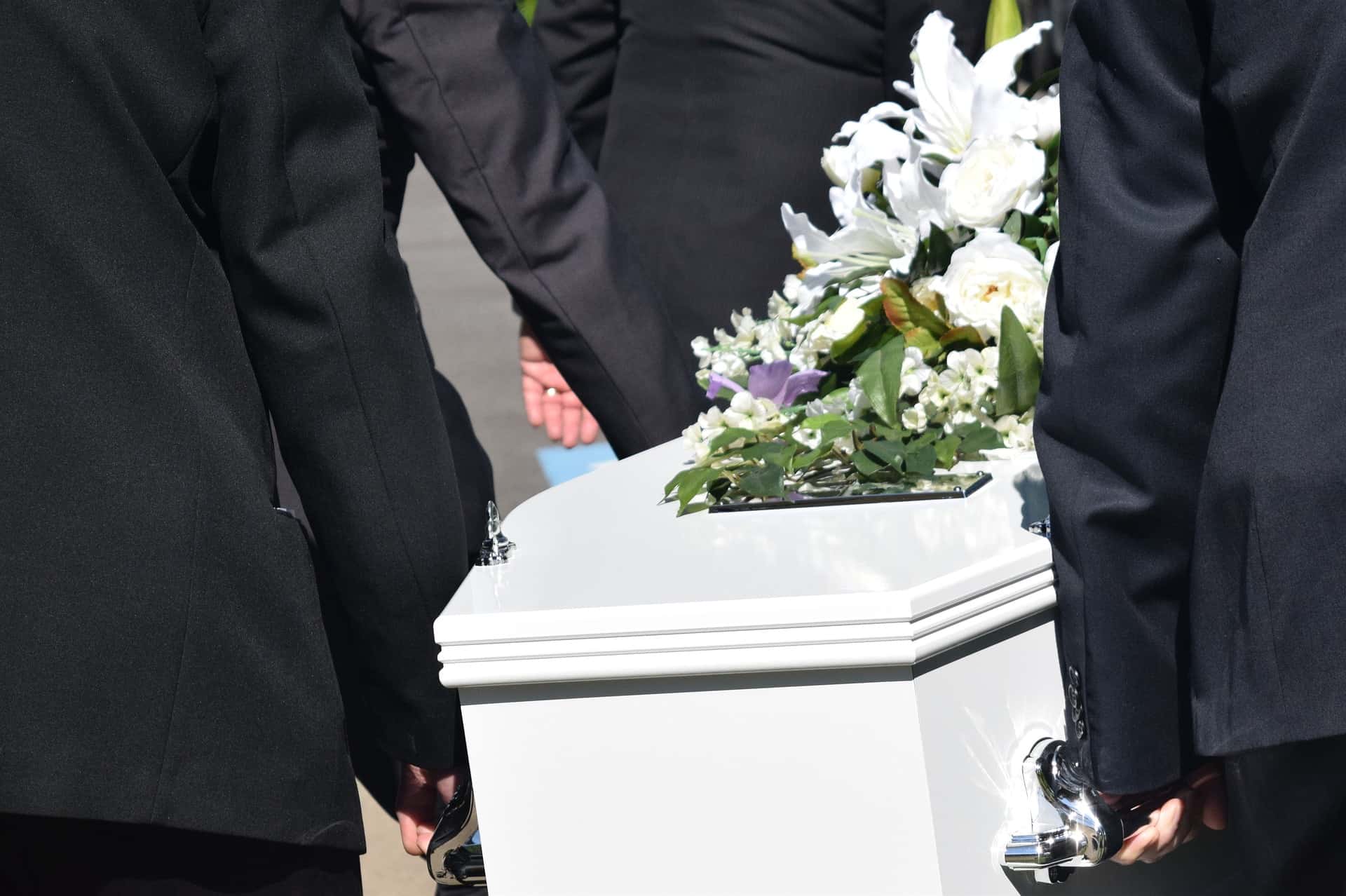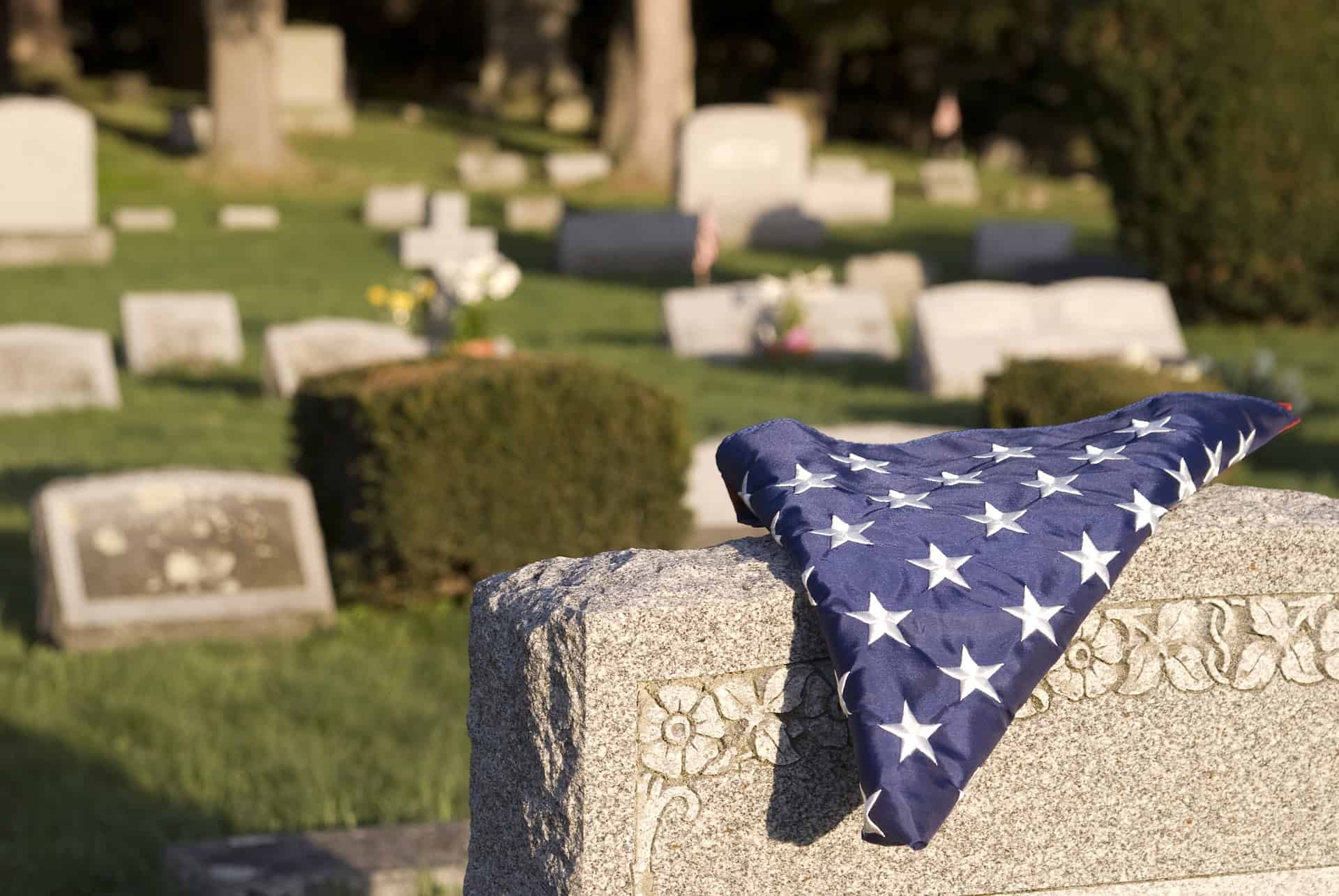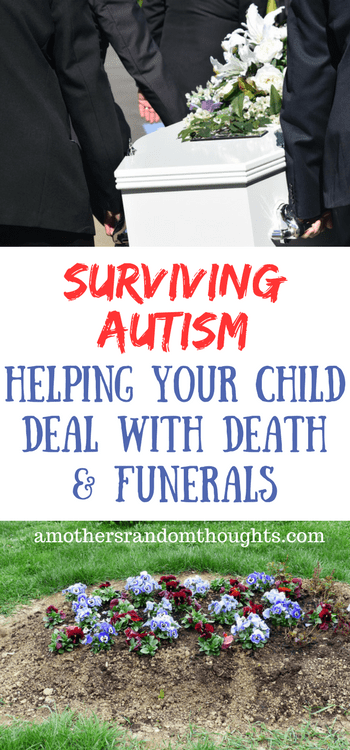HOW TO HELP YOUR CHILD DEAL WITH DEATH AND FUNERALS
All children have to deal with death which can be confusing and scary. If you are here reading this, you are looking to help your child deal with death and funerals. Remember when dealing with death, children may act inappropriately, and that is okay. Do not expect your child to act like an adult or process death like an adult. Even adults have different methods for processing grief. When your child asks questions if you don’t have the answers, there is nothing wrong with saying that you do not have the answer. The following is how we dealt with a funeral with our son Jack-Jack when he was 13. Jack-Jack has autism, but the following ideas can work for your young child. Just remember if you are trying to help your autistic child deal with death, you will need to take in to account their developmental age.
THE FACTS ABOUT FUNERALS:
Fact 1: Everyone dies.
Fact 2: No one likes dealing with death.
Jack-Jack has been to two funerals in his life. The first one was for his grandfather when he was 7 months old. And the second one was when he was 5 years old and barely verbal. He has never talked about that funeral. I don’t know if he even remembers it.
Funerals are not fun. But when you combine funerals and autism, or funerals and young children, it becomes even more difficult to deal with. Funerals are hard to talk about and hard to explain to children. When trying to discuss them with children, it can seem impossible. Jack-Jack’s trigger words (words that cause meltdowns or severe anxiety) center around death, so we have avoided funerals with him.

Ironically, in 2015, my husband had a cardiac arrest and was dead for 15 minutes. Jack-Jack began to ask about people coming back from the dead. Imagine telling your son, “People don’t come back from the dead. Unless you are Jesus or your dad.” To read more about my husband’s cardiac arrest read, Mr. Incredible Falls Down.
HELPING CHILDREN COPE WITH DEATH:
How do you deal with children and death? When children have animals (especially small pets like guinea pigs or hamsters) it is easier to teach the cycle of life, but the lessons learned from burying a beloved pet do not always transfer to humans.
Many times children are forced to deal with the death of a family member suddenly and unexpectedly. We sit down with our children and explain that a grandparent or aunt/uncle has died, and explain the funeral process to them. With my first 3 children, my husband and I had enough older aunts and uncles that we could take our children to the wake (calling hours) before having to deal with the death of a closer family member.
This past week, my brother-in-law’s father died. While Jack-Jack doesn’t have a close relationship with the deceased, my family has known this individual for decades. And Jack-Jack does love his aunt and uncle, and so we decided to take him to the wake.

So how did we prepare him, and how did he do with this process?
PREPARATION:
- Talk about the person that has deceased. In our case, we talked about my son’s aunt and uncle reminding Jack-Jack of their family structure. He tends to forget names and family units. Talking about which house they live in, what his aunt and uncle bought him for Christmas, and the names of their children help to remind him of their family.
- Talk about what happens at calling hours (the term we use for the wake). What it will look like – flowers, a casket, people in a line. (Find more information about terms used, what to expect at the funeral home, and funeral home etiquette HERE!
- Talk about what to say, “I’m sorry for your loss,” or “I’m sorry about your dad.”
- Movies like Snow White which show a “dead” person laying in a casket may add to the confusion for children because Snow White wakes up when kissed by the Prince. In Moana, the grandmother dies, but this too can be confusing because she appears to Moana in stingray form and in bodily form after her death.
- Ask your child what they think death looks like. If they talk about something they have seen in a movie or on television, explain that the movie version is not real.
- Talk about the afterlife. Use terms that your family is familiar with. For our family the following is what we said: “When we die we will go to heaven. In heaven, we will see loved ones who have died before us.”

THE ACTUAL WAKE:
- While walking into the funeral home, Jack-Jack asked his dad, “What happened to your dad?” My husband’s father died when my husband was 7. We have talked about this before, and I think Jack-Jack just wanted to hear about it again.
- We were early, but we didn’t have to wait in line. The funeral director ushered us into the room because “we were family.” They were having a private prayer time before the calling hours.
- When the prayer time was over, we formed a line, walked in front of the casket, and Jack-Jack watched what we did. I hugged each person in the receiving line. Jack-Jack did the same thing, but he added, “I am sorry about your dad.” I actually think he has the ability to put himself in someone else’s shoes. He showed a great deal of empathy.
- And he was absolutely adorable.
- Afterward, we talked about the experience and the fact that everyone dies eventually.
ADDITIONAL ITEMS TO HELP YOUR CHILD DEAL WITH DEATH:
One of my most powerful memories was when my grandmother died when I was 5. I didn’t understand death or what would happen, but my dad believed that we should be at the calling hours. My sisters and I looked at grandma and I just assumed she was sleeping. We began playing with some of our cousins. We were laughing and running around. Someone came up to my dead and said, “Your children should not be laughing and playing.” I overheard this conversation. To this day, I can remember what my father said, “Death is a part of life. My mother would want them here laughing and playing.”
Do not shield your child from life’s most difficult situations.
Let them see you grieve. This will show them grieving is a natural process.
Have them draw pictures or write their feelings in a journal.
Let them know that this topic can be discussed anytime they have questions or concerns and don’t be surprised when they ask you questions.
I think our next discussion with Jack-Jack will be centered on our plan when one or both of his parents die.
Has your child had to deal with a funeral or the death of a loved one? Do you have any tips to add to help with this process?

Reviewing movies for parents from a Christian perspective since 2005. Know Before You Go!
Christian Homeschooling mom – 30 years and counting
Autism Mom & Disney enthusiast



I am divorced, our autistic child lives with me. His great grant mother passed in Florida. He has only met her once when he was 2.
As I have asked around most feel he should not be taken out of school mid week and go to the funeral. We live in Maryland.
I agree.
What are your thoughts?
Hector:
How old is your child? Have they ever attended a funeral before? My personal opinion on funerals and autism is that you should have them attend for a person who they do not feel close with for the first experience.
In addition to those questions, you need to ask yourself, how stressful is the travel, and will your son have problems with the change in schedule?
Ultimately, my advice is to go with your gut instinct.